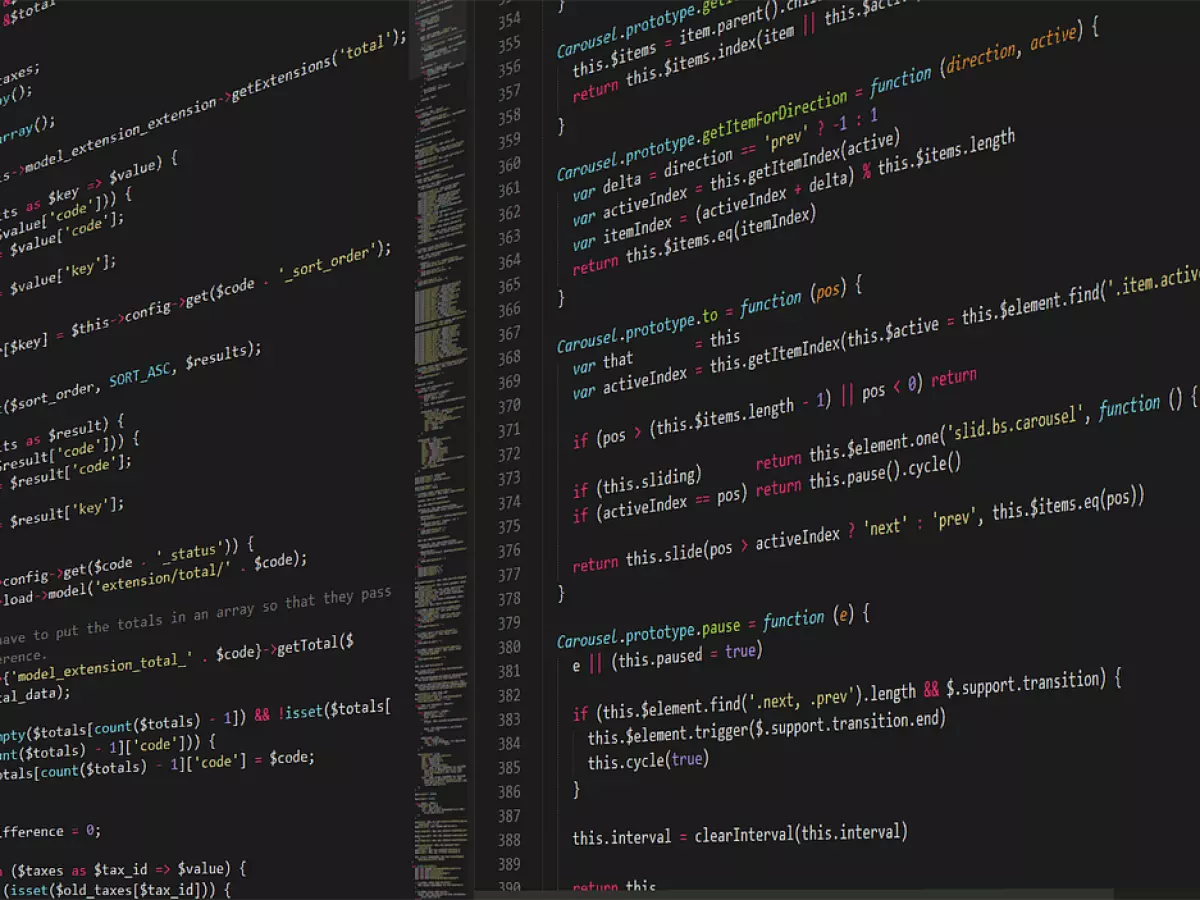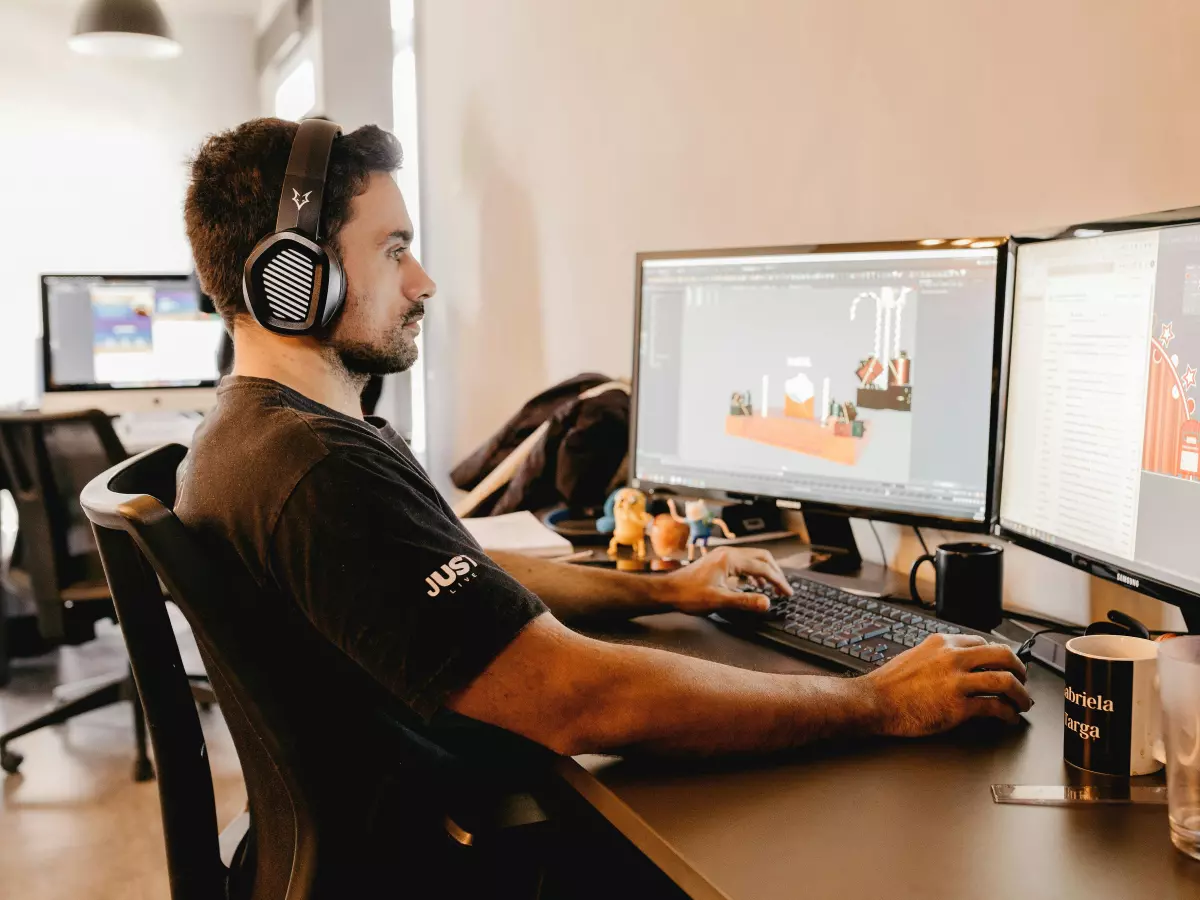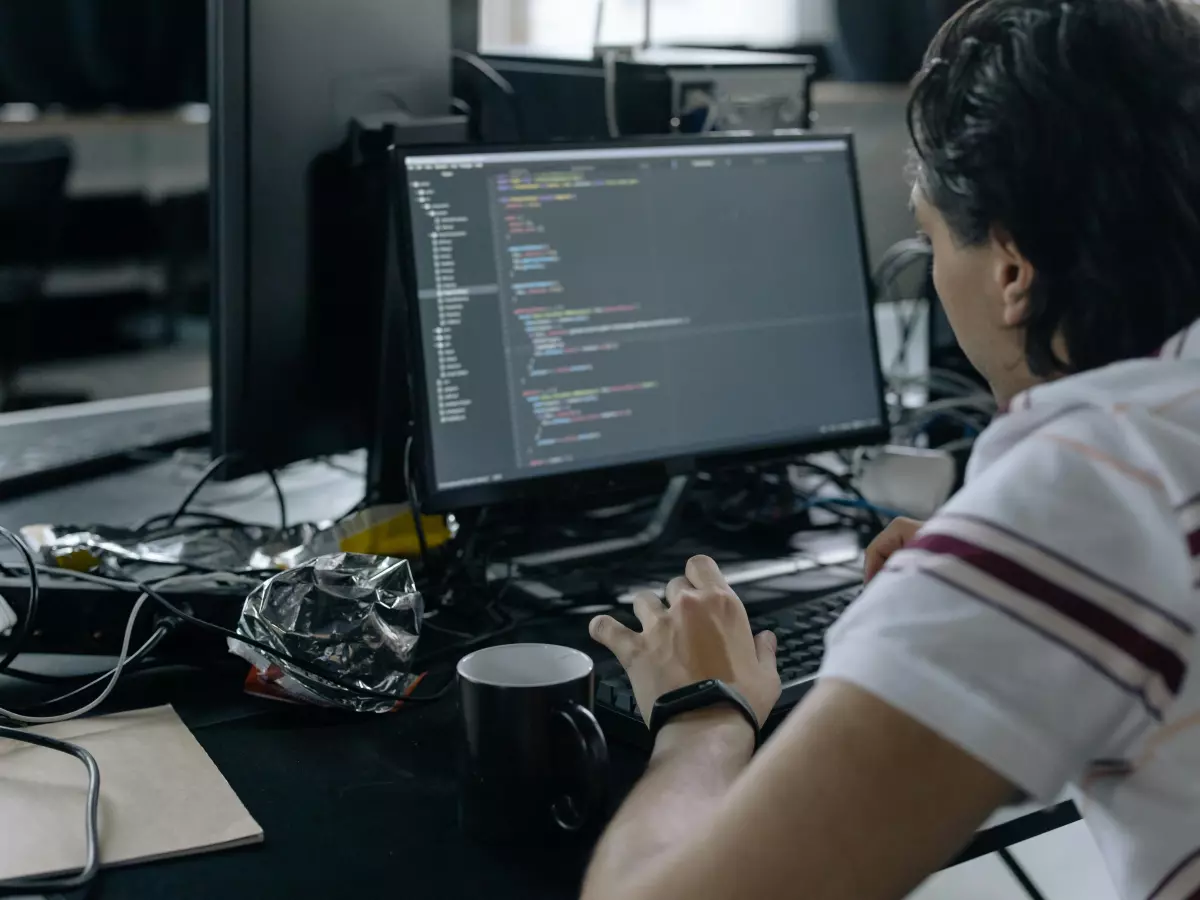Version Control
Ever wondered how developers keep their code from turning into a chaotic mess? Or how they collaborate without stepping on each other’s toes? Enter version control.

By Hiroshi Tanaka
Let’s be real for a second. If you’ve ever worked on a software project, you’ve probably experienced the nightmare of overwriting someone else’s code or losing hours of work because you forgot to save a file. It’s like the digital version of spilling coffee on your homework. But what if I told you there’s a way to avoid all that chaos? That’s where version control systems (VCS) come in.
Version control is like the unsung hero of software development. It’s always there, quietly working in the background, making sure you don’t accidentally blow up your project. But it’s more than just a safety net. It’s a game-changer for collaboration, organization, and even creativity. Let’s dive into why version control is the secret sauce that every developer needs.
What is Version Control, Anyway?
In simple terms, version control is a system that tracks changes to your code over time. Think of it as a time machine for your project. You can go back to any previous version, see what changed, and even figure out who made those changes. It’s like having a detailed logbook for your code.
There are two main types of version control systems: centralized and distributed. Centralized systems, like Subversion (SVN), store all the code in a central server. Distributed systems, like Git, allow every developer to have their own copy of the entire codebase. Git is by far the most popular these days, and for good reason—it’s fast, flexible, and perfect for teams.
Why You Can’t Live Without It
Okay, so now you know what version control is. But why should you care? Let’s break it down:
- Collaboration Made Easy: Imagine you’re working on a project with five other developers. Without version control, you’d be emailing files back and forth, trying to keep track of who changed what. Total chaos, right? With version control, everyone works on their own copy of the code, and the system merges everything together. No more stepping on each other’s toes.
- Disaster Recovery: We’ve all been there—accidentally deleting a file or making a change that breaks everything. With version control, you can roll back to a previous version in seconds. It’s like having an undo button for your entire project.
- Accountability: Version control systems keep a detailed history of every change made to the code. You can see who made a change, when they made it, and why. This is super helpful for tracking down bugs or understanding why a particular decision was made.
- Branching and Experimentation: Want to try out a new feature without messing up the main codebase? Version control lets you create branches—essentially separate copies of the code where you can experiment freely. If the experiment works, you can merge it back into the main project. If it doesn’t, no harm done.
How Version Control Boosts Creativity
Here’s something you might not expect: version control can actually make you more creative. How? By giving you the freedom to experiment without fear. When you know you can always roll back to a previous version, you’re more likely to take risks and try out new ideas. It’s like having a safety net for your creativity.
Plus, branching allows you to work on multiple ideas at once. You can have one branch for your stable code and another for your wild, experimental ideas. If something works, great! If not, you can toss it without affecting the rest of the project.
Choosing the Right Version Control System
So, which version control system should you use? If you’re working solo or in a small team, Git is probably your best bet. It’s fast, flexible, and has a huge community behind it. Plus, platforms like GitHub and GitLab make it easy to collaborate with others and share your code with the world.
If you’re working in a larger organization, you might encounter other systems like Perforce or Mercurial. These systems are designed for bigger teams and more complex projects, but they all follow the same basic principles of version control.
The Future of Version Control
As software development continues to evolve, so too will version control systems. We’re already seeing more integration with cloud services, making it easier to collaborate across the globe. AI is also starting to play a role, with tools that can automatically suggest code changes or even resolve merge conflicts for you. The future of version control is looking pretty exciting!
But no matter how much the technology evolves, the core principles of version control will remain the same: collaboration, accountability, and creativity. So if you’re not using a version control system yet, what are you waiting for?
Final Thoughts
Version control might not be the flashiest part of software development, but it’s definitely one of the most important. Whether you’re working solo or in a team, it’s your best defense against chaos, lost work, and broken code. Plus, it gives you the freedom to experiment and push your creativity to new heights. So if you haven’t embraced version control yet, now’s the time. Trust me, your future self will thank you.





